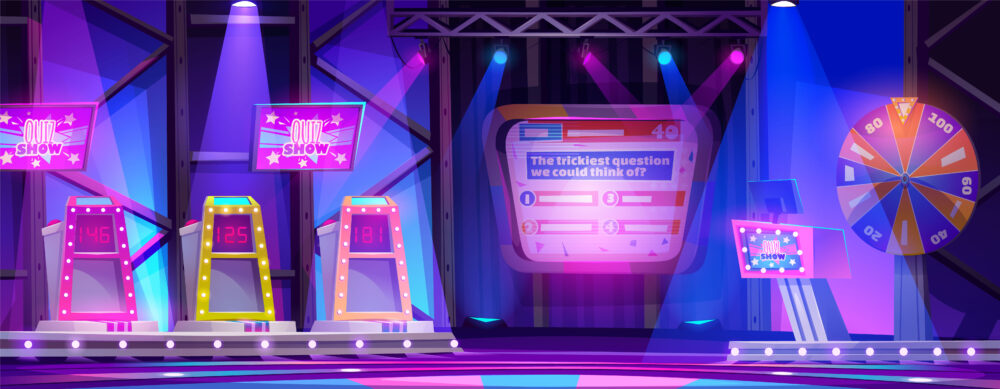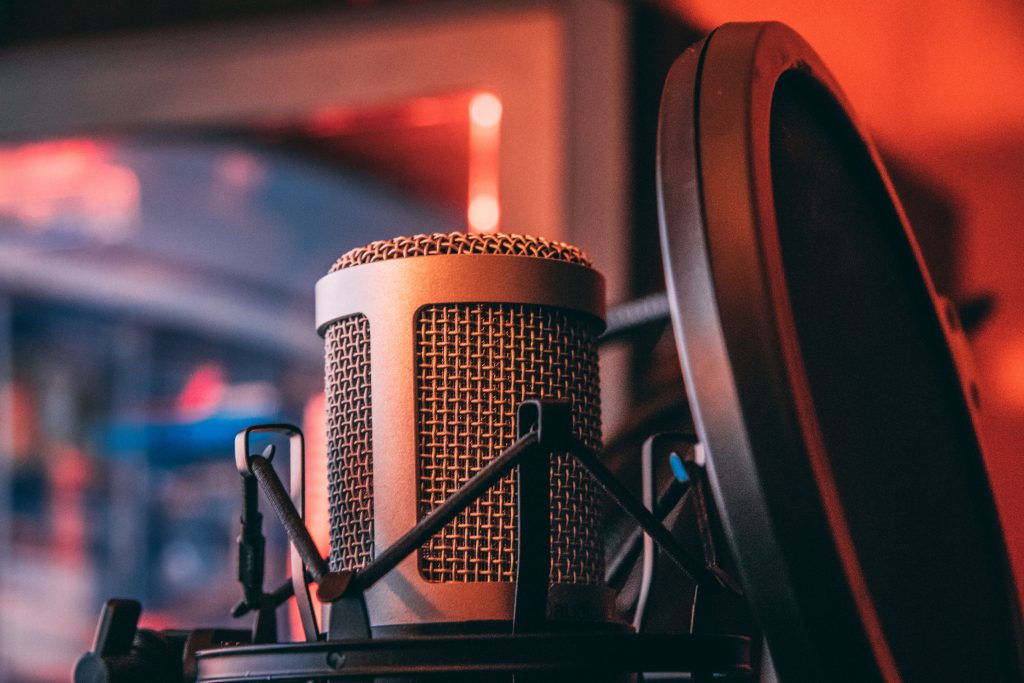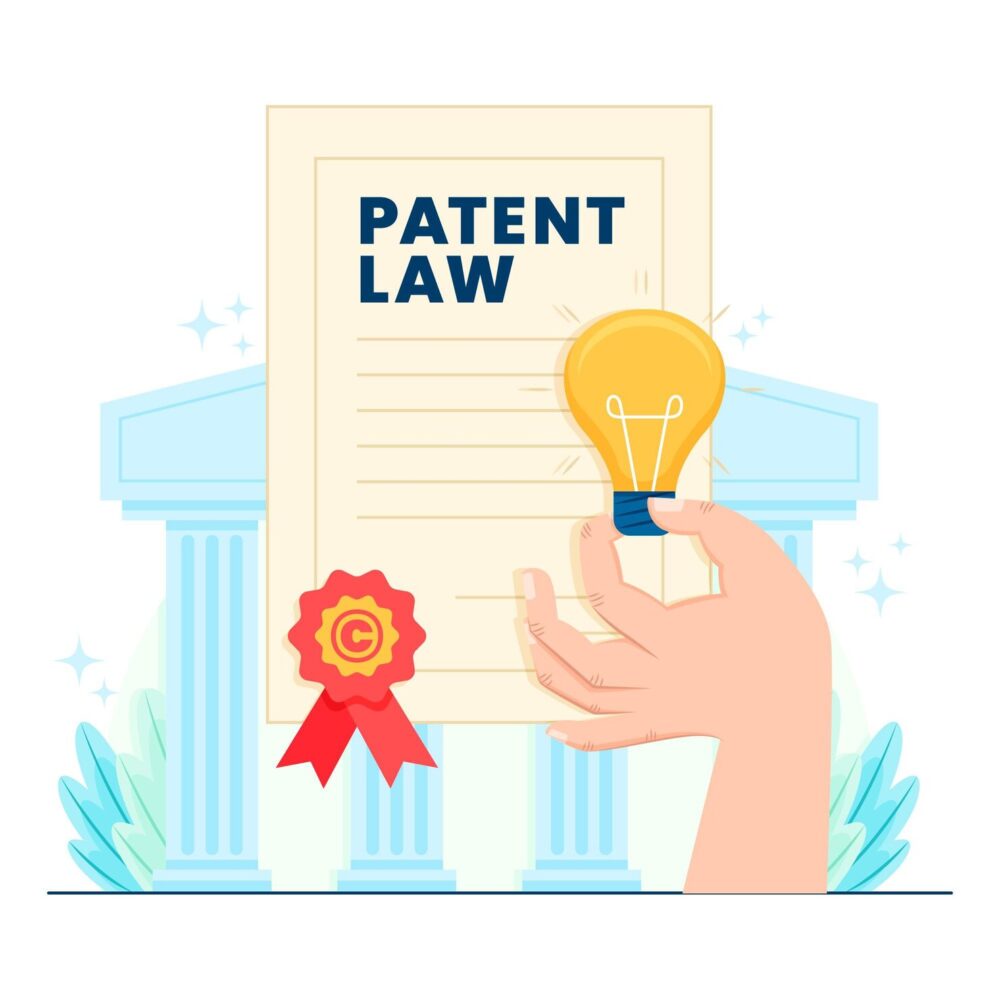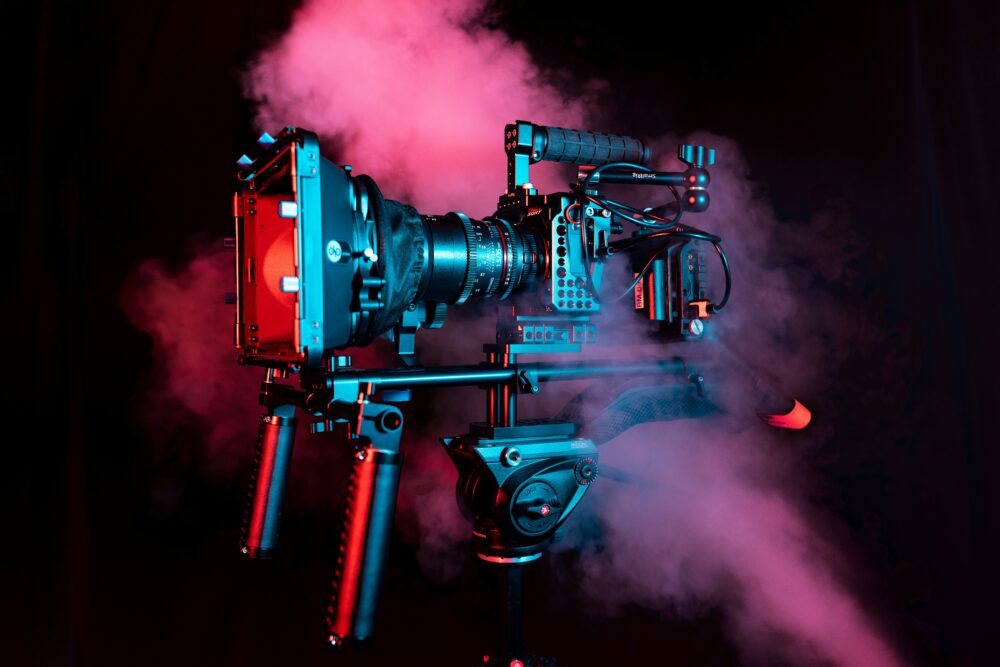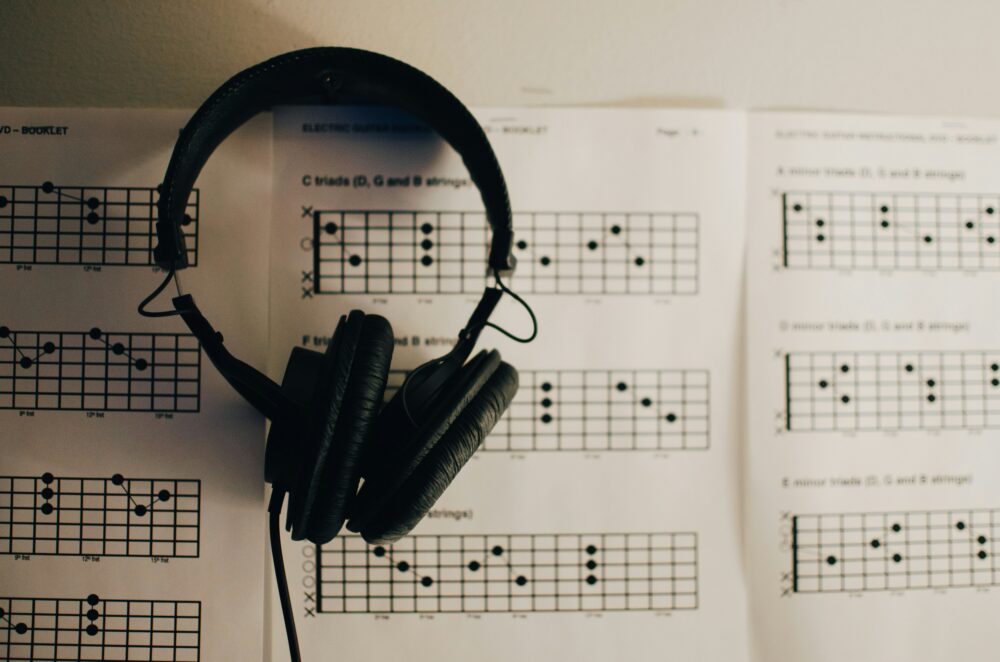Mickey Mouse is a familiar cartoon character to all ages, which was first published to the public in 1928 and gradually became a typical character and representative of the image of the Walt Disney Company (hereinafter referred to as “Disney“). Officially on January 01st, 2024, the copyright term of Mickey Mouse expired and was in the public domain.
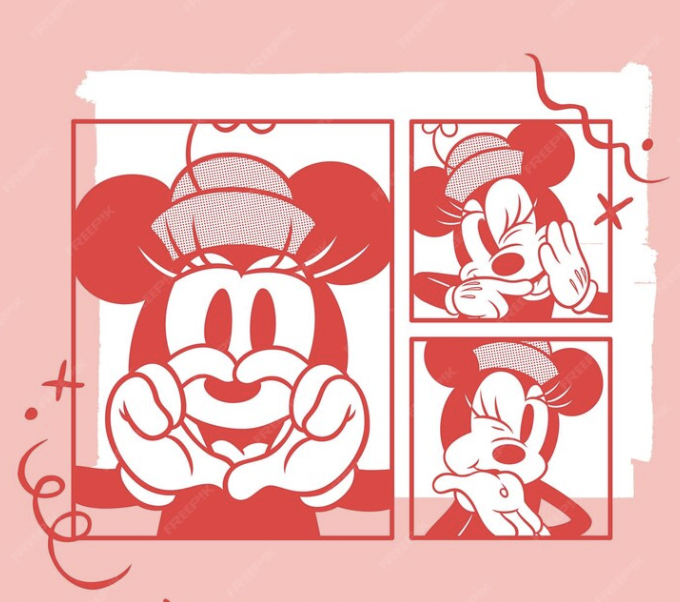
1. The US Law on copyright
Copyright is a legal right that protects the creative works of the author or owner from copyright infringement. The copyright term is just only in the specified time, unlimited. Berne Convention for the Protection of Literary and Artistic Works (hereinafter referred to as “Bern Convention“) regulates the term of protection is shall be the life of the author and fifty years after his death[1]. The Member Country, including the United State and Viet Nam, shall comply with the minimum term of protection as stipulated in the Bern Convention and may prolong the term of protection, depending on each national law.
The Copyright Act has gone through several supplements, modification phrases in order to accommodate the progress of communication, and broadcasting and other related intellectual property majors. At a time when the Steamboat Willie first broadcast, the Copyright Act of 1909 regulated the term of protection as 28 years and renewed to 28 years more. In the following phases, certain entertainment companies had a drastic impact on as well as intensively lobbied to Congress as amending the Copyright Act, including Disney – the owner of Mickey Mouse. After various phases of amendment, officially in 1998, Congress passed the Copyright Extension Act of 1998, also known as the Sonny Boo Copyright Extension Act.
According to the Copyright Act, for works created after January 1, 1978, copyright protection lasts for the life of the author plus an additional 70 years. For an anonymous work, a pseudonymous work (in case the name of the author is not published), or a work made for hire, the copyright endures for a term of 95 years from the year of its first publication or a term of 120 years from the year of its creation, whichever expires first. The joint work – having the co-authors shall have the term of protection is 70 years, since the last author died. The basis of the establishment of the Steamboat Willie has been considered the work for hire, including but not limited to the script, plot, dialogue, setting, events, characters of the movie., hence, this work officially expired the term of protection on January 1st, 2024, including but not limited to the script, plot, dialogue, setting, events, and characters of the movie.
The glorious cartoon character in public domain will be the legal chance for the third party to take advantage of these character in their work for the commercial purpose. In the same circumstance with Winnie the Pooh, Mickey Mouse accompanied with Steamboat Willie are transformed into a horror movie “The Return of Steamboat Willie”. The Copyright Act stipulates that, for the time being in the public domain, the public have right to freely use without any restriction.
2. Legal issues at the time the term of protection of the Mickey Mouse character has expired
2.1 Only the Mickey Mouse – the original version in the Steamboat Willie movie expire the term of protection, not cover all the subsequent derivative works
The new versions of Mickey Mouse shall be considered the derivative works of the original Mickey Mouse in Steamboat Willie. The derivative work is defined as a work based on one or other elements of the original and developed into the new work, comprised of the translation work, music sheet, etc. In nature, the derivative work is a work, therefore, the term of protection does not depend on the original work. Thus, the term of protection of the derivative work is similar to the normal work and commences on the date the work is expressed. According to the above grounds, the modern Mickey Mouse version is still on the term of protection, society just only allowed to use the character in Steamboat Willie, excluding the derivative ones.
2.2 The Mickey Mouse character have been registered in trademark
As Mickey Mouse being Disney’s mascot, Disney has registered trademarks for the character Mickey Mouse and character names in various classes of goods/services, including but not limited to toys and services. hotels, parks, and other goods and services. It can be said that, even though Disney lost their copyright, it still has the right to against the trademark infringement. Noted that trademark rights and copyright are totally different intellectual property rights. In its capacity as the trademark owner, Disney has the right against the infringement of the action that affixed that trademark on the goods, service means, etc that are identical or confusingly similar to the Mickey Mouse trademark.
Nonetheless, the boundary between the handle the copyright and trademark infringement still be the new legal issue. As stated by some professors, the distinction of these rights depends on “consumer perception”. Accordingly, the affixing trademark that has the infringement sign on the goods that make a consumer confused will be considered as a trademark infringement. Currently, the US Congress does not provide any instructions regarding this issue, as the work established before 1928 has expired in these years, hence, it is still a new legal issue.
2.3 The term of protection for copyright shall be comply with the national law
Bern Convention stipulated that the work is automatically protected without any administrative procedure. The Contracting States of the Bern Convention shall comply with the national treatment principles, specifically, works originating in one of the Contracting States must be given the same protection in each of the other Contracting States as the latter grants to the works of its nationals. Therefore, the copyright shall be protected according to the national law. The term of protection for Mickey Mouse will be expired in the US, however, it is still protected in other countries
3. Legal issues with the expired copyright work according to the Vietnamese law
Vietnamese law does not define specifically “public domain” or “public work” as prescribed by the US Copyright Act. Similar to the understanding under US law, property becomes public property when the work expires under copyright protection.
According to Article 27 Intellectual Property law (“IP Law”), the term of protection is regulated as follows:
”1. The moral rights provided for in Clauses 1, 2 and 4. Article 19 of IP Law shall be protected for an indefinite term
2. The moral rights provided for in Clause 3, Article 19 and the economic rights provided for in Article 20 of IP Law enjoy the following term of protection:
a/ Cinematographic works, photographic works, works of applied art and anonymous works have a term of protection of seventy five years from the date of first publication. For cinematographic works, photographic works and works of applied art which remain unpublished within twenty five years from the date of fixation, the term of protection is one hundred years from the date of fixation. For anonymous works, when information on their authors is published, the term of protection will be calculated under Point b of this Clause.
b/ A work not specified at Point a of this Clause is protected for the whole life of the author and for fifty years after his/her death. For a work under joint authorship, the term of protection expires in the fiftieth year after the death of the last surviving co-author”.
According to the above regulation, the moral rights shall be unlimited and protected including (i) Naming the works, (ii) Having their real names or pseudonyms attached to their works; the right to have their real names or pseudonyms announced when their works are published or used, (iii) Protect the integrity of their works; and to forbid other persons to modify, edit or distort their works in whatever form, causing harm to the honor and reputation of the author. In the opinion of some lawyers, determining what constitutes “distortion” or “harm to the author’s honor and reputation” may be complicated and difficult as it is based on each expert’s perception. In the case of the character Winnie the Pooh being used as a character image in a horror movie, the author has the right to use moral rights to request the third party to stop using the work as it is distorted
According to Vietnamese law on the terms of copyright protection, the character Mickey Mouse was in the public domain in Vietnam in 2003. Any entity within the territory of Vietnam can freely use the work without the permission of the owner. However, in the Internet era, how to determine whether the act of using a work is by the law? During the years 2003 to 2024, when a party in Vietnam used Mickey Mouse images and posted them on websites with the domain name “.vn”, this behavior was legal. On the contrary, derivative works posted to the “.us” domain name are determined to be copyright infringement, because this is a US domain name and during that time, Disney had the right to protect copyright for the character Mickey Mouse in the US.
[1] Clause 1 Article 7 Bern Convention
Disclaimers:
This article is for general information purposes only and is not intended to provide any legal advice for any particular case. The legal provisions referenced in the content are in effect at the time of publication but may have expired at the time you read the content. We therefore advise that you always consult a professional consultant before applying any content.
For issues related to the content or intellectual property rights of the article, please email cs@apolatlegal.vn.
Apolat Legal is a law firm in Vietnam with experience and capacity to provide consulting services related to Intellectual Property Rights and contact our team of lawyers in Vietnam via email info@apolatlegal.com.







